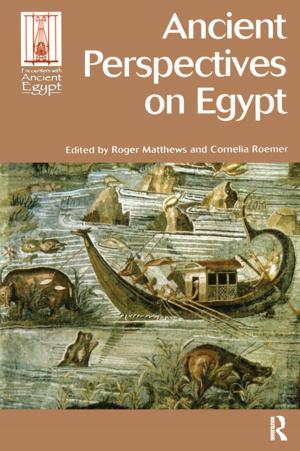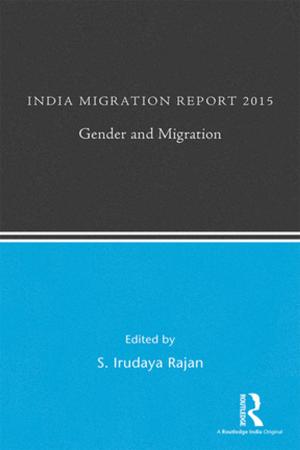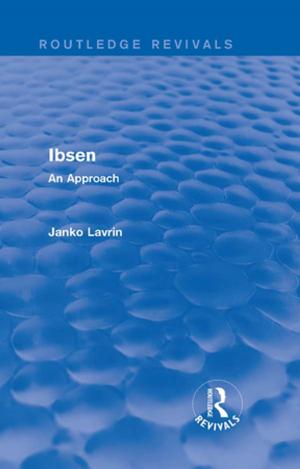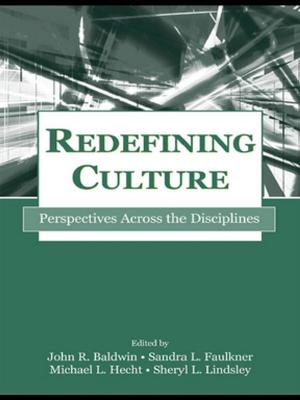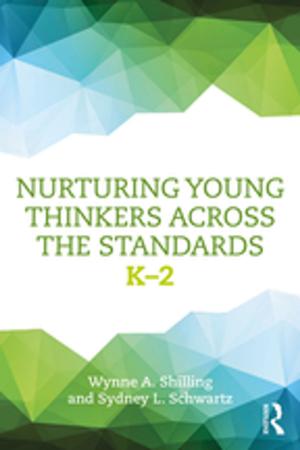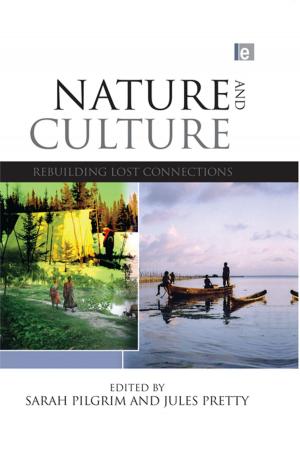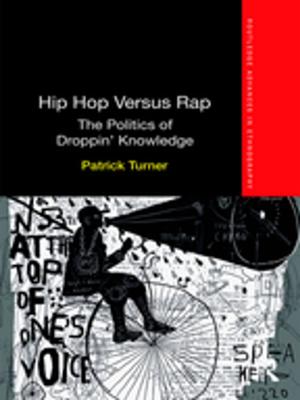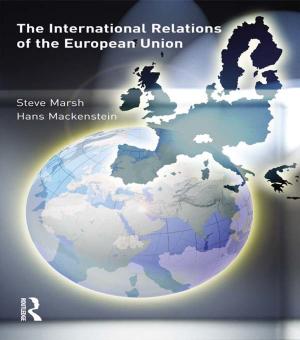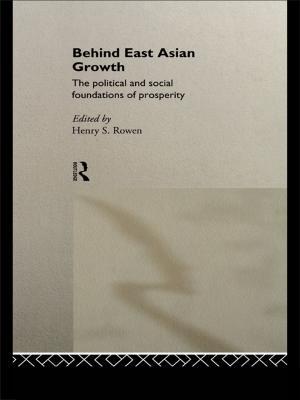Environmental Justice and the Rights of Ecological Refugees
Nonfiction, Reference & Language, Law, International| Author: | Laura Westra | ISBN: | 9781136574498 |
| Publisher: | Taylor and Francis | Publication: | September 2, 2009 |
| Imprint: | Routledge | Language: | English |
| Author: | Laura Westra |
| ISBN: | 9781136574498 |
| Publisher: | Taylor and Francis |
| Publication: | September 2, 2009 |
| Imprint: | Routledge |
| Language: | English |
Climate change and other environmental problems are increasingly leading to the displacement of populations from their homelands, whether through drought, flooding, famine or other causes. Worse, there is currently no protection in international law for people made refugees by such means.
Following on from her previous explorations of environmental justice as it relates to future generations and indigenous peoples, Laura Westra now turns her attention to the plight of ecological refugees. In Part I, Westra provides an overview of what defines an ecological refugee and their present legal status. Part II goes into greater depth as to who the vulnerable are and what protection they have in international law. Part III looks to the future, advocating a comprehensive approach to the problem. With extensive examples and analysis, this is a compelling treatment that will be indispensable for legal professionals, government and business leaders, academics and students of the role of law in the protection of the rights of refugees.
Climate change and other environmental problems are increasingly leading to the displacement of populations from their homelands, whether through drought, flooding, famine or other causes. Worse, there is currently no protection in international law for people made refugees by such means.
Following on from her previous explorations of environmental justice as it relates to future generations and indigenous peoples, Laura Westra now turns her attention to the plight of ecological refugees. In Part I, Westra provides an overview of what defines an ecological refugee and their present legal status. Part II goes into greater depth as to who the vulnerable are and what protection they have in international law. Part III looks to the future, advocating a comprehensive approach to the problem. With extensive examples and analysis, this is a compelling treatment that will be indispensable for legal professionals, government and business leaders, academics and students of the role of law in the protection of the rights of refugees.



